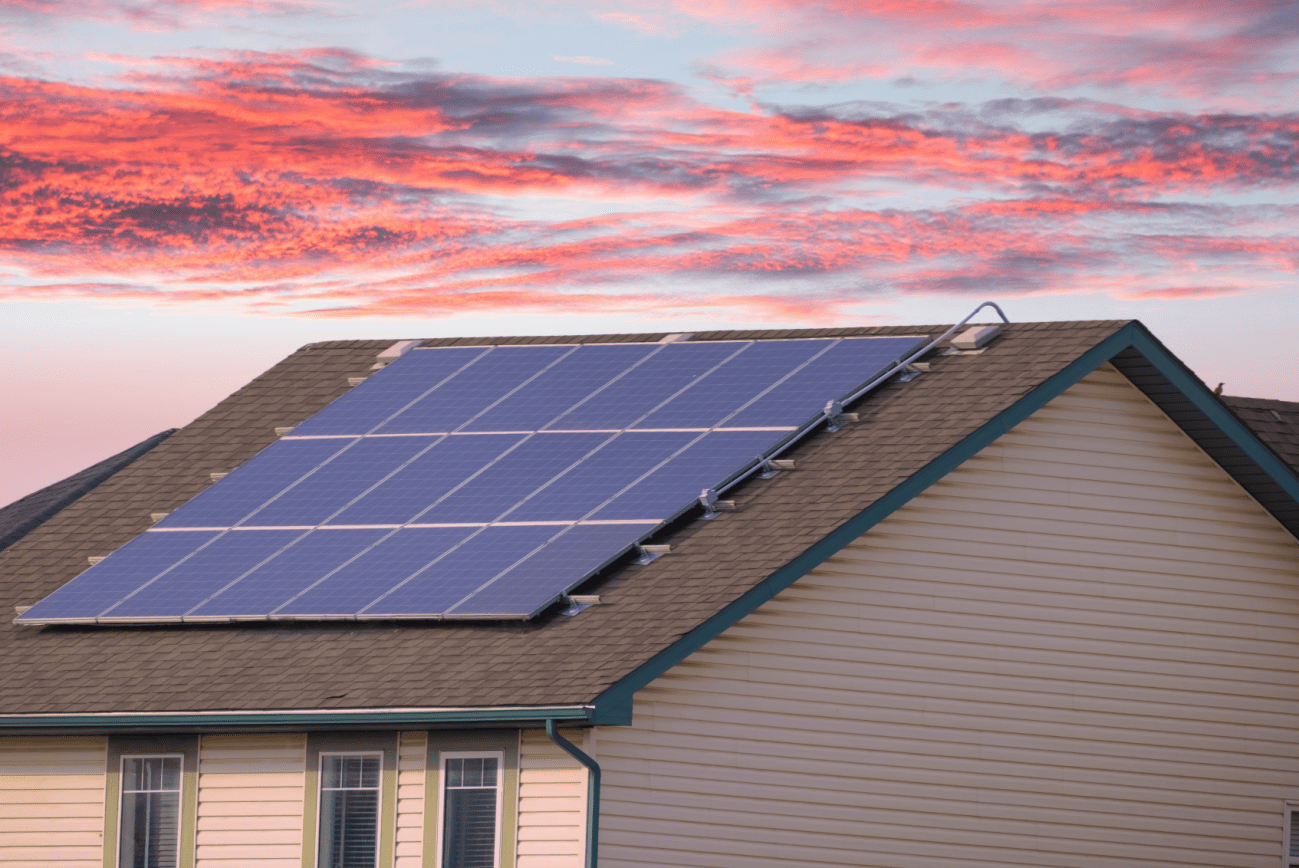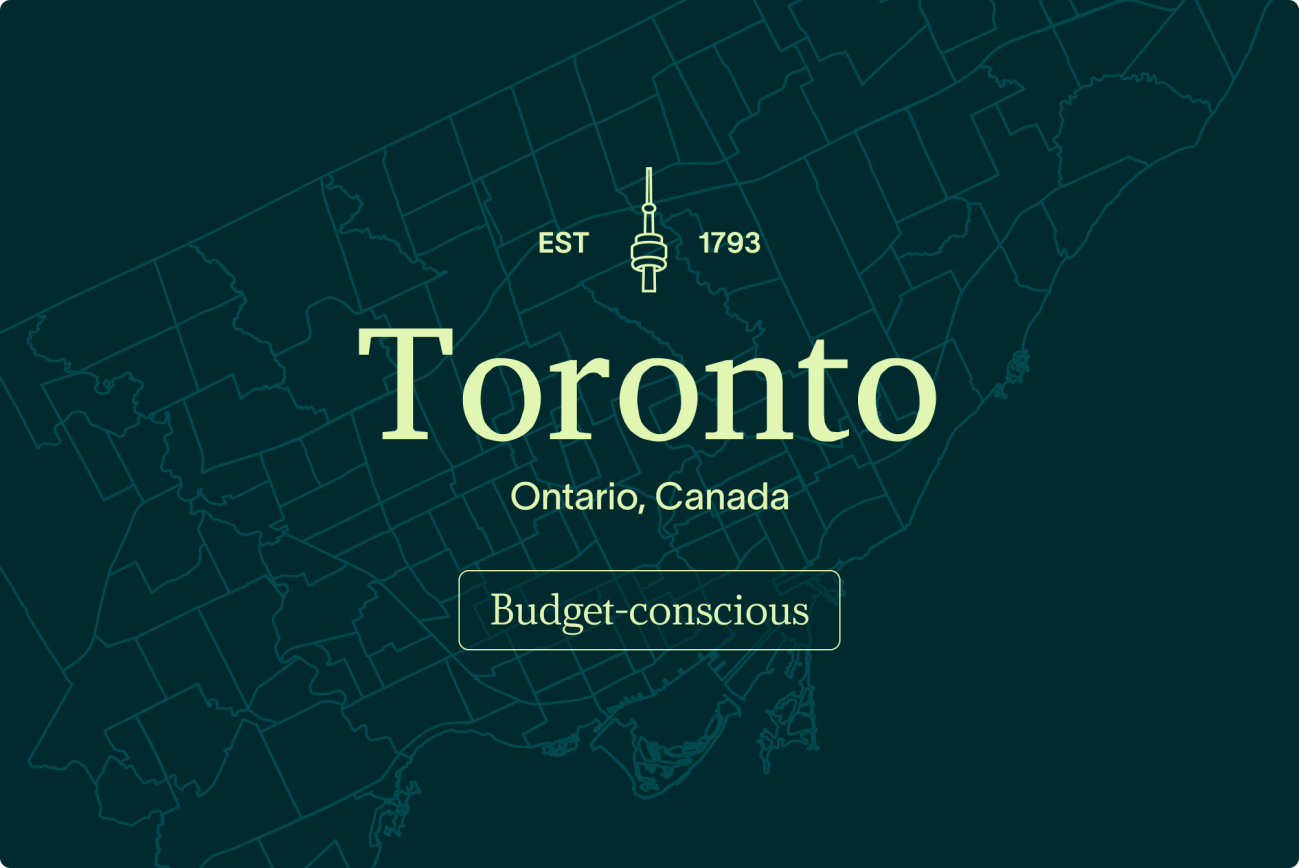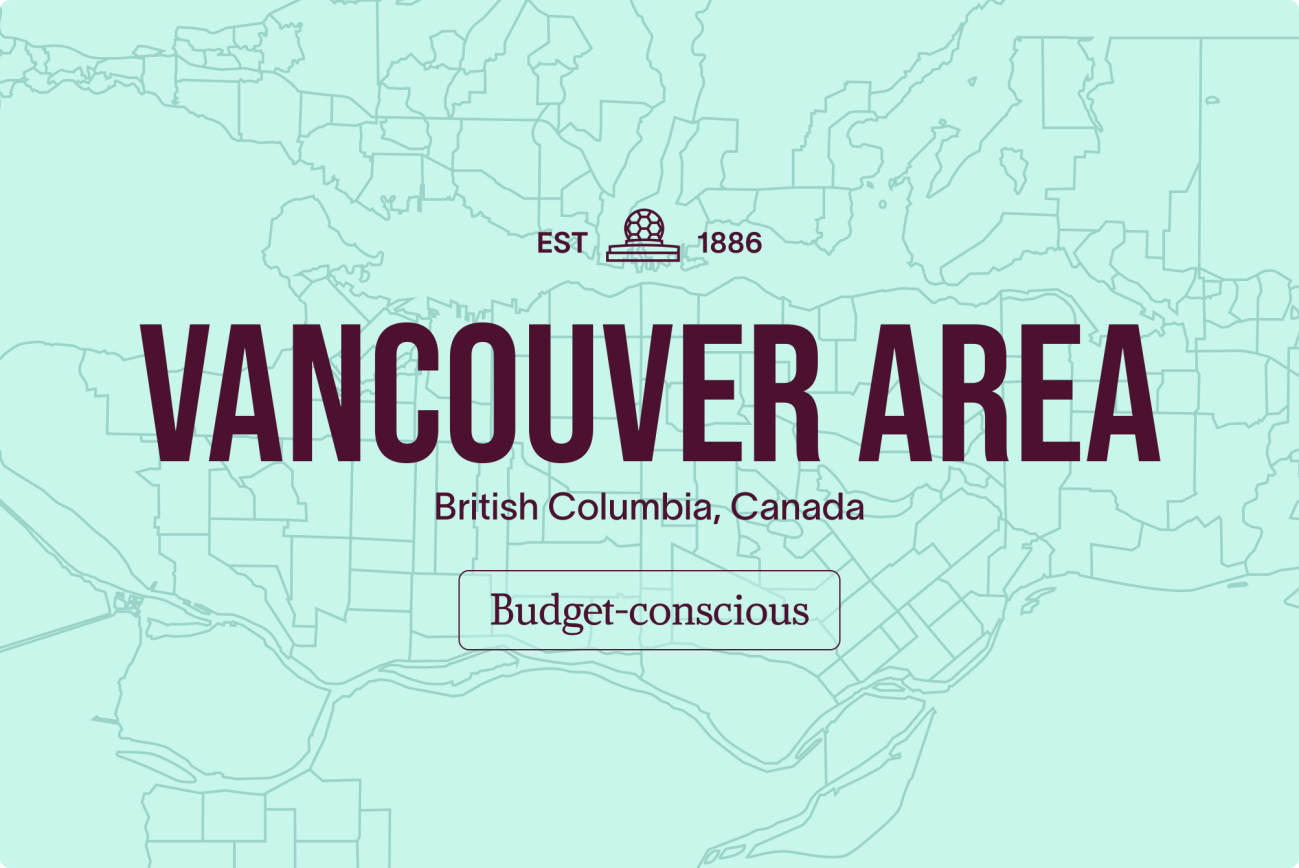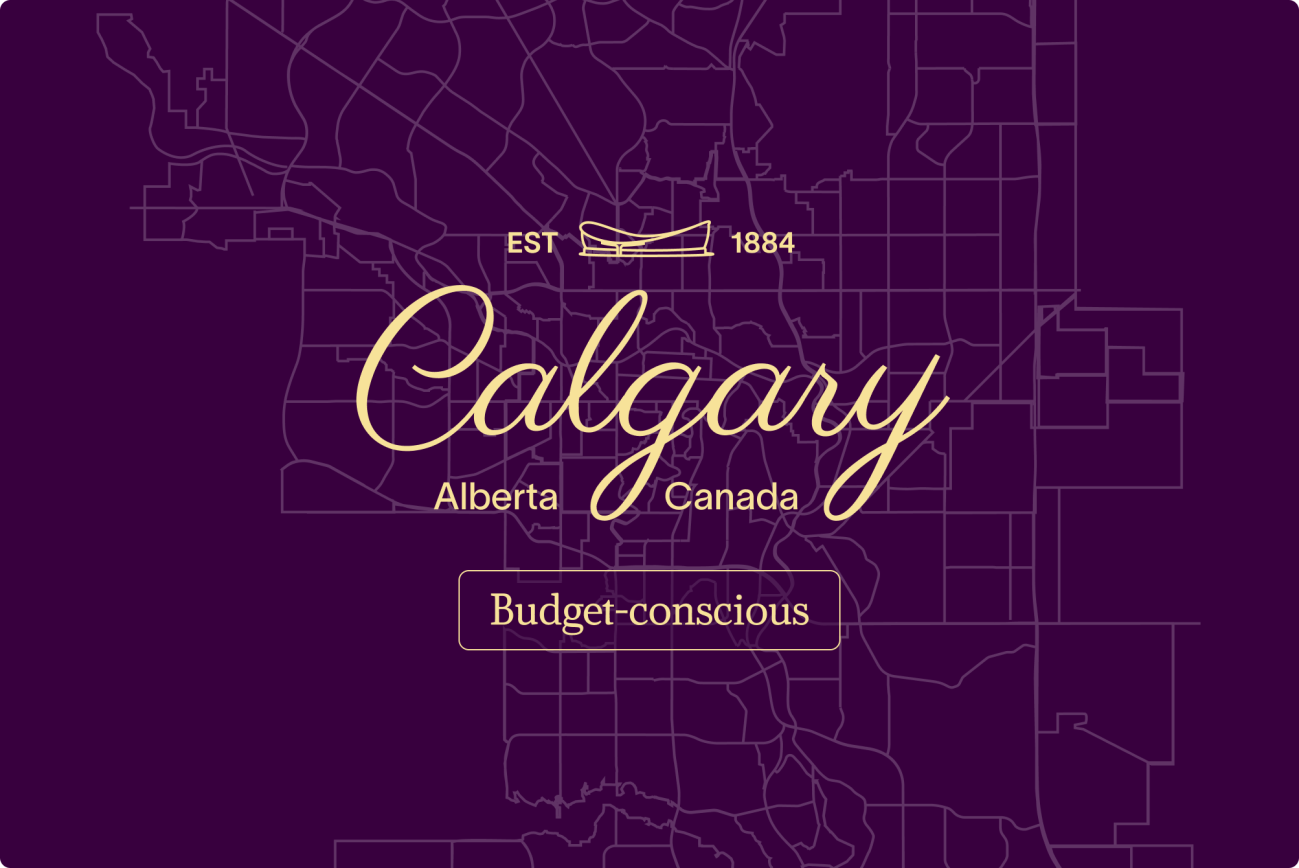Living a more sustainable lifestyle begins at home, which is why you may be considering how to make your home more eco-friendly and energy-efficient. Sustainability isn’t just a matter of doing better for the environment—it reduces waste, saves you money and makes your living space more comfortable.
If you’re considering whether to buy a new-build or a resale home, new-build homes are typically more eco-friendly and energy-efficient because the technology and our knowledge has improved considerably in the past few decades. If you are constructing a home yourself, you can have full control over the eco-friendly features of the build. However, if you are looking at resale homes, then you will need to get to know the features that make a home more environmentally friendly and energy efficient, whether they have been installed by a previous owner or could be retrofitted once you own the home. Either way, there are plenty of steps you can take to make your home more sustainable.
1. Choose homes with existing eco-friendly features
The market you’re in will impact the availability of homes with eco-friendly features. One of the biggest factors in terms of location will be whether you opt for urban or rural living. You are more likely to find a new-build condo in Toronto than you would be in more rural parts of Ontario, which may mean the properties in highly-populated urban centres have additional energy-efficient features, such as high-performance windows or smart home technology.
However, if you are searching for homes in less populated areas then your budget may go further and allow you to invest in eco-friendly and energy-efficient features, either when you buy or after you move in. For example, you could find a single-family home in Edmonton for $200,000, or a new-build single-family home in Calgary for less than $400,000, compared to, say, the Vancouver housing market, where a small condo could be upward of $600,000.
There are plenty of resources available when it comes to knowing how to view a house for sale, current market trends and ensuring you find a home that fits with your budget, lifestyle and sustainability goals. You can also seek professional help, since the role of a real estate agent is to provide guidance on the market, the types of homes within your price range and the sorts of features which may make the property more eco-friendly.
2. Install a cool roof
A home can be made more energy efficient from the top down. A cool roof reflects sunlight and absorbs less solar energy, which minimizes the heat flow into the home and can decrease the requirement for air conditioning. Cool roofs are especially beneficial in hot climates and can significantly reduce energy bills. Ideally, a cool roof will be installed at the construction phase of a build, however you can also replace an older roof, providing it is reaching the end of its life. There are also options to retrofit current roofing materials with a cool coating to make them more efficient.
3. Invest in solar panels
Solar panels generate electricity to power your home using clean solar energy and emitting less carbon emissions than fossil fuels. Installing solar panels involves an upfront investment, which could save you money over time. The cost of installation will vary based on the system you need, the amount of energy you use and your location. A market report conducted by the Canada Energy Regulator found that residential solar is financially viable in some provinces and territories, but not in others based largely on whether residential solar pricing is competitive. Before you invest, be sure to check at what point in time you can expect to break even on your investment.
4. Use eco-friendly materials
The use of eco-friendly materials does not just include the construction phase of your home, but can refer to the use of any organic materials that are safer and better for the environment and built to last. Instead of single-use plastics or harmful, chemical-heavy materials, some of the eco-friendly materials you might consider using inside and outside your home include:
- Wood
- Natural paints
- Bamboo
- Straw
- Cellulose insulation
In addition to the materials you choose, you can make your home more sustainable with simple lifestyle adjustments, such as cleaning your refrigerator coils, switching to LED light bulbs, line-drying your clothing and using natural cleaning products.
5. Draft-proof and insulate your home
Draft proofing involves finding and sealing gaps and cracks, typically around windows and doors, to prevent air from leaking in or out of your home. Insulation also draft proofs the house to improve energy efficiency and is relatively cost-effective. You can install a special insulating material in the walls, attic or basement spaces to eliminate drafts, minimize noise and reduce condensation and dampness.
6. Choose energy-efficient appliances and accessories
Investing in energy-efficient appliances and accessories at the outset can pay big dividends over time. That’s because appliances often make up the largest proportion of the energy consumption in your home. Some of the appliances for which you can choose energy-efficient alternatives to help the environment and your wallet are:
- Dishwashers
- Refrigerators
- Stoves/ovens
- Washers
- Dryers
- Water heaters
- Air conditioners
- Generators
- TVs
- Lightbulbs
7. Cultivate native plant life
Cultivating native plants isn’t just green for your thumb. By using plants that are already acclimated to your location, you can grow a thriving and energy-efficient garden that minimizes water use, provides wildlife habitat and contributes to pollination in the area. Better still if you can collect rainwater for an irrigation system.
8. Take advantage of smart technology
Smart technology allows you to manage your home’s systems from your phone. Beyond being more convenient, they can also improve the energy efficiency of your home’s appliances and electronics. For example, smart thermostats allow you to adjust the temperature of your home when you’re not there, meaning you can turn on the heating right before you get home or turn off the air conditioning when you’re out. And since more people are looking to lead more sustainable lifestyles, having smart features can also add value to your home when it comes time to sell.
Houseful is here to meet your home ownership needs
Whether you’re just starting out or ready to move in, Houseful offers personalized insights, intuitive tools and expert advice tailored specifically to you. Visit houseful.ca to see what’s out there for you.
This article offers general information only and is not intended as legal, financial or other professional advice. A professional advisor should be consulted regarding your specific situation. While the information presented is believed to be factual and current, its accuracy is not guaranteed and it should not be regarded as a complete analysis of the subjects discussed. All expressions of opinion reflect the judgment of the author(s) as of the date of publication and are subject to change. No endorsement of any third parties or their advice, opinions, information, products or services is expressly given or implied by Royal Bank of Canada or its affiliates.
Browse the newest listings in your area
OJOHome Canada Ltd. (“Houseful”) is a wholly-owned subsidiary of Royal Bank of Canada
20 King Street West, 8th Floor
Toronto, ON, Canada, M5H 1C4
833-709-1946
IDX information is provided exclusively for consumers’ personal, non-commercial use and that it may not be used for any purpose other than to identify prospective properties consumers may be interested in purchasing. Information deemed reliable but not guaranteed to be accurate. Listing information updated daily.
Houseful is committed to ensuring accessibility for individuals with disabilities. We are continuously working to improve the accessibility of our web experience for everyone. We welcome feedback and accommodation requests, please submit them here.
The trademarks REALTOR®, REALTORS®, and the REALTOR® logo are controlled by The Canadian Real Estate Association (CREA) and identify real estate professionals who are members of CREA. The trademarks, Multiple Listing Service® and the associated logos are owned by CREA and identify the quality of services provided by real estate professionals who are members of CREA. Used under license.
Please use the following address to send referral payments:
Lockbox: OJOHome Canada Ltd. PO Box 9479, Stn A, Toronto, ON M5W 4E1
Lockbox Number: T09479C
® / ™ Trademark(s) of Royal Bank of Canada. Used under licence.




